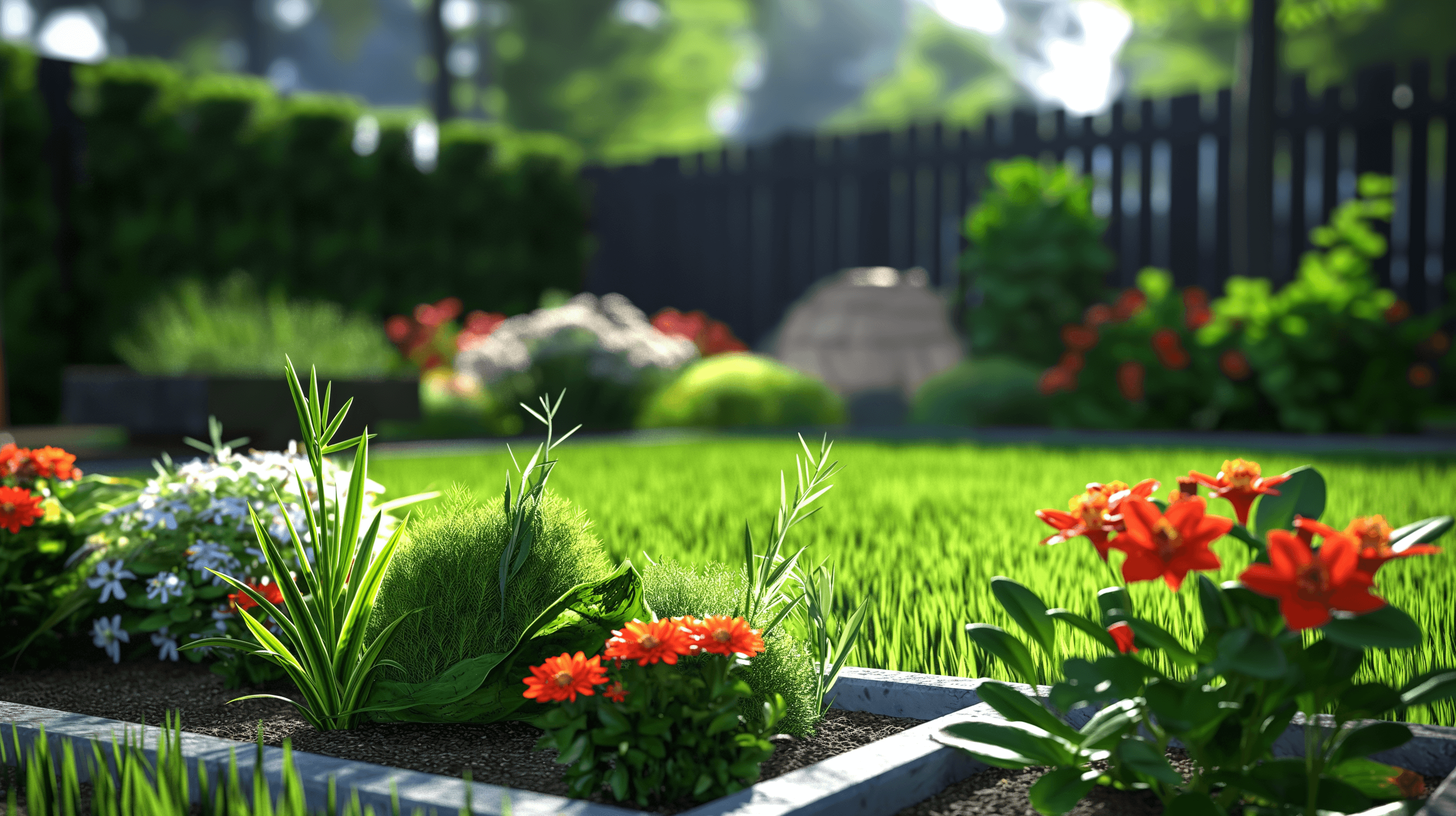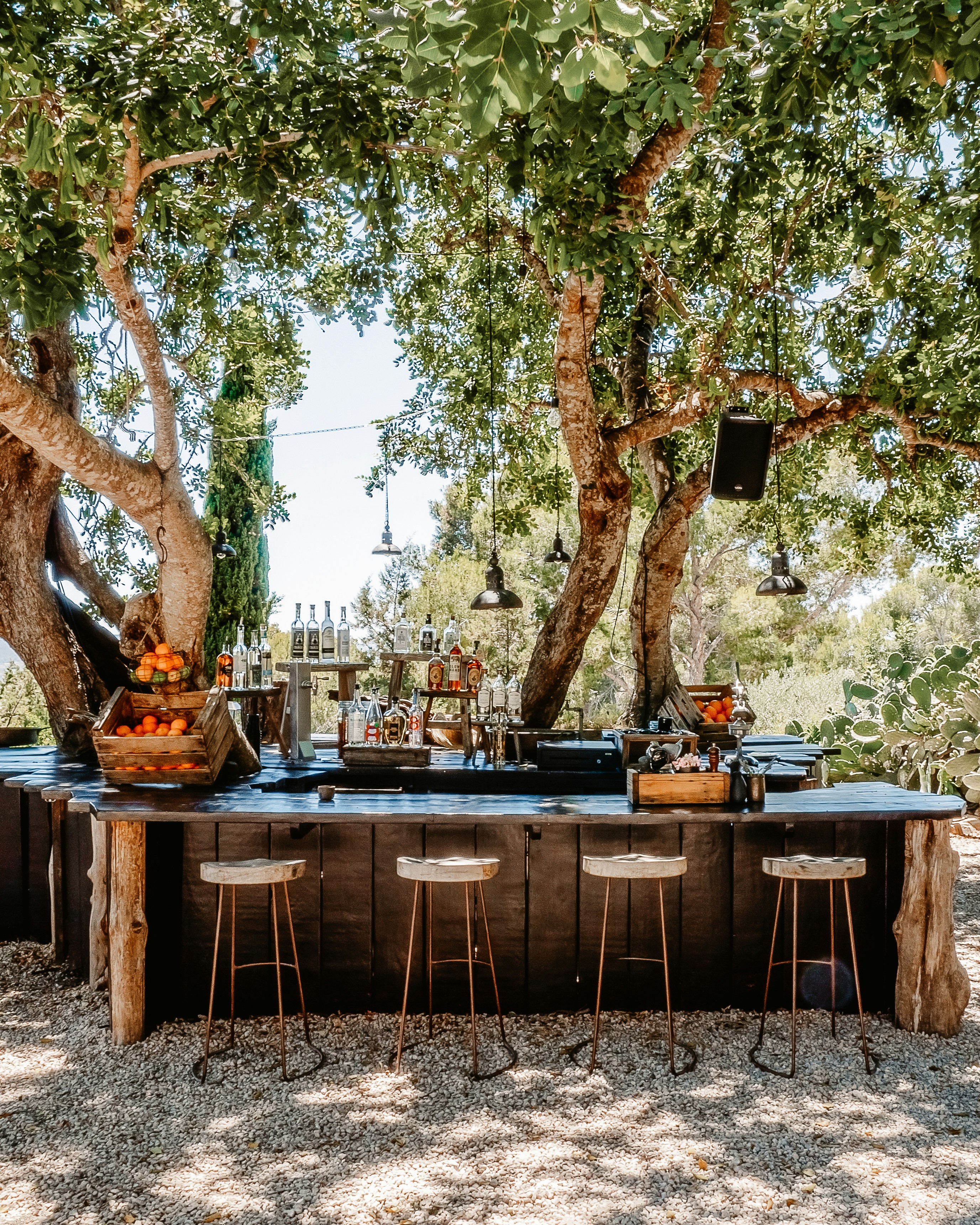Home Features
Exploring the Potential for a Small Vineyard for Personal Winemaking
For wine enthusiasts with a passion for craftsmanship and a love of the vineyard lifestyle, the idea of owning a small vineyard for personal winemaking holds immense appeal. While the prospect may seem romantic, it also comes with its share of challenges and considerations. Let's delve into the possibilities and factors to consider when exploring the potential for a small vineyard for personal winemaking.
1. Assessing Your Interest and Commitment:
Why It Matters: Owning and managing a vineyard requires a significant investment of time, effort, and resources. Before embarking on this journey, it's essential to assess your level of interest, commitment, and willingness to dedicate yourself to the endeavor.
How it Works: Consider your passion for winemaking and the vineyard lifestyle. Are you prepared to devote long hours to vineyard maintenance, grape cultivation, and winemaking processes? Reflect on your level of commitment and whether you have the patience and dedication required to see the venture through.
2. Understanding the Climate and Terroir:
Why It Matters: The climate and terroir (environmental factors such as soil, topography, and microclimate) play a crucial role in grape cultivation and wine quality. Understanding your vineyard's unique climate and terroir is essential for successful grape growing and winemaking.
How it Works: Research the climate and soil conditions in your desired vineyard location. Consider factors such as temperature, rainfall, sunlight exposure, and soil composition. Consult with local viticulturists or agricultural experts to assess the suitability of the site for grape cultivation and winemaking.
3. Selecting Grape Varieties:
Why It Matters: Choosing the right grape varieties is fundamental to the success of your vineyard and the quality of your wine. Different grape varieties thrive in specific climates and terroirs, so selecting varieties suited to your vineyard's conditions is essential.
How it Works: Research grape varieties that are well-suited to your region's climate and terroir. Consider factors such as disease resistance, ripening times, and intended wine styles. Popular grape varieties for personal winemaking include Chardonnay, Cabernet Sauvignon, Merlot, and Pinot Noir, but there are many other options to explore based on your preferences and goals.
4. Planning and Vineyard Management:
Why It Matters: Effective planning and vineyard management are critical for maintaining vine health, optimizing grape quality, and ensuring a successful harvest. From site preparation to pruning and pest control, proper management practices are essential throughout the growing season.
How it Works: Develop a comprehensive vineyard plan that outlines tasks and timelines for each stage of the growing season. Consider factors such as vineyard layout, trellising systems, irrigation, fertilization, and pest management strategies. Implement sustainable vineyard practices to minimize environmental impact and promote long-term vine health.
5. Harvesting and Winemaking:
Why It Matters: Harvesting grapes at the optimal ripeness and following sound winemaking practices are crucial for producing high-quality wine. From grape picking to fermentation, aging, and bottling, each step in the winemaking process contributes to the final product's flavor, aroma, and character.
How it Works: Harvest grapes at the peak of ripeness based on sugar levels, acidity, and flavor development. Follow established winemaking techniques for crushing, pressing, fermentation, and aging, adjusting processes as needed based on grape variety and desired wine style. Experiment with different winemaking methods and techniques to develop your unique wine style and expression.
Conclusion:
Exploring the potential for a small vineyard for personal winemaking is an exciting and rewarding endeavor for wine enthusiasts seeking to immerse themselves in the art and science of winemaking. By assessing your interest and commitment, understanding your vineyard's climate and terroir, selecting suitable grape varieties, planning and managing your vineyard effectively, and embracing the winemaking process with passion and dedication, you can embark on a fulfilling journey of grape growing and winemaking, creating wines that reflect your vision and creativity.




